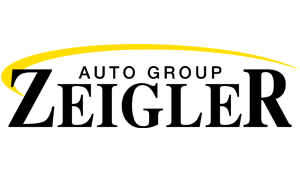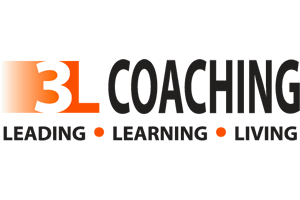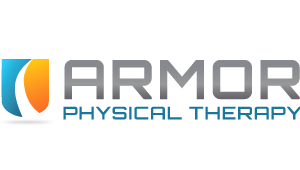-By Kaitlyn Patterson, Team Athletic Mentors athlete
As an (almost) fourth year medical student and nearly life-long endurance athlete, I often find myself thinking about parallels between training to be a physician and an athlete. These are obviously very different pursuits but I find thinking about these analogies a helpful way to frame my experiences.
One of my college cross country coach’s mantras was to “trust the process.” I didn’t give it as much thought at the time, but have come to recognize the weight of this task. The “process” is usually not glamorous or social media worthy. It requires consistency and a steadfast commitment to the basics. In sports, this means doing the fundamental things right everyday- sleep, nutrition, stress management, recovery and training stimulus. In medicine, the process is less straightforward but still requires meticulous attention to the foundations everyday- asking the right questions, meticulous exams, thoughtful clinical decision making and effective communication. When you are in the midst of either process, sometimes it can be hard to measure progress or judge success. Feedback is a powerful tool but sometimes the feedback we receive isn’t as straightforward or easy to interpret as we would like. This grey area, where we are working hard but a bit unsure if we are making progress, is the most challenging for anyone- be it athletes, students, physicians, or any professional.
The process of medical training feels like occupying the grey area  constantly. Medicine in itself involves more uncertainty than we like to admit, making the process of learning that much more challenging. It involves constant questioning of your own capabilities as a healthcare provider, decision maker, and communicator without obvious feedback. Although we are required to achieve certain competencies, quantifying meaningful progress in this space can be challenging. Occasionally there will be glimpses of progress – sometimes with patient encounters that go especially well, moments of being spoken to as a physician colleague, or reminders of the transformation undergone over the past several years. However, this type of feedback can be subtle and identifying both strengths and weaknesses requires practice in self-reflection. Although the learning process is formally measured in years and milestones, it has become increasingly apparent that the process never actually ends as it is persistent curiosity, reflection and attention to the basics are habits of the best physicians.
constantly. Medicine in itself involves more uncertainty than we like to admit, making the process of learning that much more challenging. It involves constant questioning of your own capabilities as a healthcare provider, decision maker, and communicator without obvious feedback. Although we are required to achieve certain competencies, quantifying meaningful progress in this space can be challenging. Occasionally there will be glimpses of progress – sometimes with patient encounters that go especially well, moments of being spoken to as a physician colleague, or reminders of the transformation undergone over the past several years. However, this type of feedback can be subtle and identifying both strengths and weaknesses requires practice in self-reflection. Although the learning process is formally measured in years and milestones, it has become increasingly apparent that the process never actually ends as it is persistent curiosity, reflection and attention to the basics are habits of the best physicians.
 In endurance sports, it is easier to quantify progress in numbers: training hours, distance, power, and heart rate. Races are concrete and straightforward benchmarks of success: podiums, age group places, times, rankings. However, the grey areas still exist- such as the off-season, long training blocks, performance plateaus, or races that are not satisfying but not epic failures. Sometimes in these spaces, it seems like failures would be more satisfying because they would at least allow for more obvious take-away lessons. These are the analogous grey spaces that requires a bit more self-reflection to continue the upward trajectory.
In endurance sports, it is easier to quantify progress in numbers: training hours, distance, power, and heart rate. Races are concrete and straightforward benchmarks of success: podiums, age group places, times, rankings. However, the grey areas still exist- such as the off-season, long training blocks, performance plateaus, or races that are not satisfying but not epic failures. Sometimes in these spaces, it seems like failures would be more satisfying because they would at least allow for more obvious take-away lessons. These are the analogous grey spaces that requires a bit more self-reflection to continue the upward trajectory.
I think we all have a baseline aversion to uncertainty and “grey areas.” I do think it is the commitment to the process despite the noise, uncertainty and self-doubt that makes for the most sustainable and ultimately satisfying progress. Definitely easier said than done, but something to strive for nevertheless.










